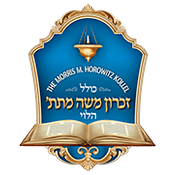Divrei Torah

Parshas Bereishis 1
The Chidah explains this famous proclamation found in the Haftorah of Parshas Bereishis. The Navi Yirmiya begins to prophesize about the End of Days and declares that ׳׳כי מלאה הארץ דעה את ד׳ כמים לים מכסים׳׳ – “For the earth will be as filled with knowledge of Hashem as water covering the seabed” …

Parshas Noach 1
The first pasuk in this week’s Parsha is peculiar. The pasuk begins to introduce the offspring of Noach and immediately sidetracks into a description of his fine character. Rashi in his first answer explains that the reason for this is, since the Torah mentioned the name of Noach it must tell of his praise…
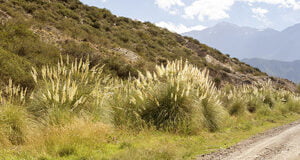
Parshas Lech Lecha 1
The Mishnah in Pirkei Avos states that Hashem tested Avraham Avinu ten times and that Avraham passed them all with flying colors. There are many opinions as to which particular events the ten challenges consist of. The Bartenura for example, contends that the first test was when Nimrod tossed Avraham…

Parshas Vayeira 1
When Avraham Avinu stood before Hashem in this week’s Parsha to pray for the salvage
of Sodom, he uttered the timeless adage “I am but dust and ash.” Rashi explains that Avraham intended to refer to the miracles that Hashem had performed for him. For Avraham should have been ground into dust…
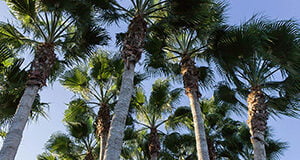
Parshas Chayei Sarah 1
The Kli Yakar points out that the pasuk in last week’s Parsha already stated ׳׳ואברהם ושרה זקנים באים בימים׳׳ , that Avraham and Sarah were old and had seen many days. Thirty seven years had elapsed between then and now; what is the importance of this fact that led the Torah to repeat itself here?

Parsha Toldos 1
The Malbim and many others explain Yitzchok’s motives when he expressed his wish to bestow material blessing upon Eisav. Yitzchok envisioned an ideal partnership between his two sons, akin to that of Yissachar and evulun. Ideally, Eisav would go out to work and support Yaakov materially as Yaakov…

Parshas Vayishlach 1
The Bais Halevi asks that if Hashem had
previously promised Yaakov Avinu that no harm would befall him, what exactly was Yaakov afraid of? What’s more, if Yaakov was scared that he may be held accountable for a sin that he had committed, the Gemara in Brachos (. ד) teaches us that in this situation…
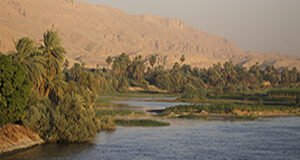
Parshas Mikeitz 1
The Medrash states ״אמר ר׳ יוחנן הרשעים מתקיימין על אלוהיהם״ – “Rabbi Yochanan taught, the wicked ones stand upon their gods.” The Medrash learns this concept out from the fact that Pharaoh stood on top of the Nile River in his dream. On the other hand, we find that with regard to Tzaddikim…
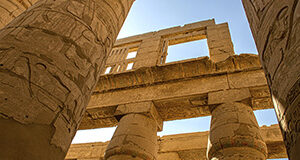
Parshas Vayigash 1
Why now, all of the sudden, did Yehudah charge forward? What sparked Yehuda into action at this particular junction? True, it was only now that the stage had been properly set for the ultimate showdown, but things had been spiraling out of control for a while, this was already the second journey…

Parshas Vayechi 1
Rashi says that when a person comes to bless his children he should bless them with this very bracha that Efraim and Menashe received from Yaakov Avinu right before his passing. He should bless his children that Hashem should help them to grow up to be like Efraim and Menashe.
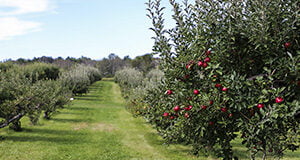
Parshas Shemos 1
Rashi on the words ״כי טוב הוא״ – “For he was good,” explains that when Moshe Rabeinu was born, the entire house was filled with light. Alternatively, The Medrash Rabbah explains that we learn from these words in our pasuk that Moshe Rabeinu was נולד מהול – born circumcised.

Parshas Va’era 1
Rashi explains that Hashem spoke to Moshe harshly as a rebuttal to Moshe’s questioning Hashem’s actions at the end of last weeks Parsha, ״למה הרעתה לעם הזה?״ – “Why have You caused harm to this nation?” The Sifsei Chachamim points out that Rashi understood this from the לשון הפסוק of ״אלוקים״…
